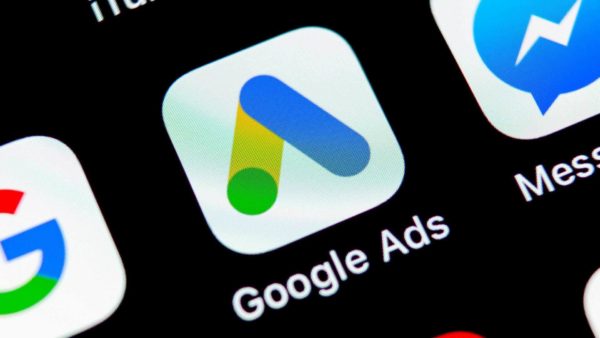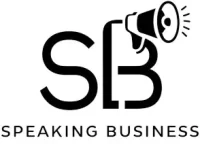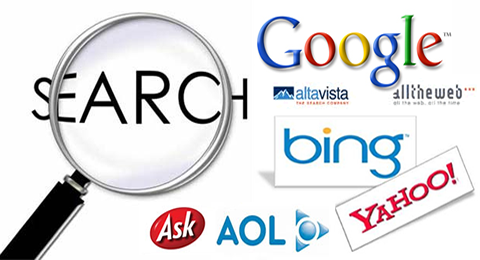
Paid search is an advertising model where you pay for cost per click. The typical advertising platforms that provide such advertising model are the search engines such as Google Ads (Adwords), Bing Ads, etc. Through the search engines, you can place keyword ads. This simply means when people on Google or Bing search for the keywords that you have bought ads and are bidding for higher ad ranking, your website will get a chance to be quickly found.
Tip 1: Quick campaign launch
With paid search, you can start your advertising campaigns very fast, or even as quickly as the same day you have created your new account. It is not hard at all to upload keywords and ads, and create a new campaign. You can run and manage the paid search campaigns on your own if you are confident enough that you will do well to acquire new customers for your business. Most likely many business owners may not have the expertise, and they can hire an expert with experience in Google Ads optimization to manage and optimize their Adwords account.
Tip 2: Granular Targeting
With paid search such as Google Adwords, you can always set up very granular targeting. What this means is you can show your ads not to everyone but only a group of people who have met your criteria. Examples include:
- Location-based: You can launch a campaign to target people who are in one geographical location such as Los Angeles, and/or a second campaign to target a few locations (including Los Angeles, San Diego, San Jose, and San Francisco).
- Device type based: You can roll out a campaign to target only mobile device/phone users.
- Time-based ad scheduling: You can target people who search your keyword between a certain specific hours during the day.
Tip 3: Paid search is stage one for keyword discovery
What keywords people search on Google, Bing, Yahoo, etc would provide great hints on people’s intention. When people search for “questions” keywords where they usually begin with “How to”, “Why”, “What”, etc, they are looking for the answers or solutions to some very specific problems they are facing. When people search for product names, they are researching the products, checking the prices of the products, or finding reviews of the products by other users who have bought and used the products. Therefore, knowing the intention behind the users and their keywords are always the key to do well with paid search (and/or even search engine optimization).
Experienced marketers, especially those who are experts in understanding how the search engines work, when budget is allowed, would initially spend advertising budget on paid search programs and test a few things (such as the performance of keywords in terms of search volume and conversions) to gather results that are useful for the second stage i.e. The SEO stage. At the second stage, marketers would launch a full SEO campaign without having to invest too much time again in keyword research.

Bradley attended Boston University where he received a Bachelor’s degree in Economics and Political Science as well as a Master’s degree in Business Administration from Columbia University Graduate School of Business (currently attending). He loves to write about everything business related.

